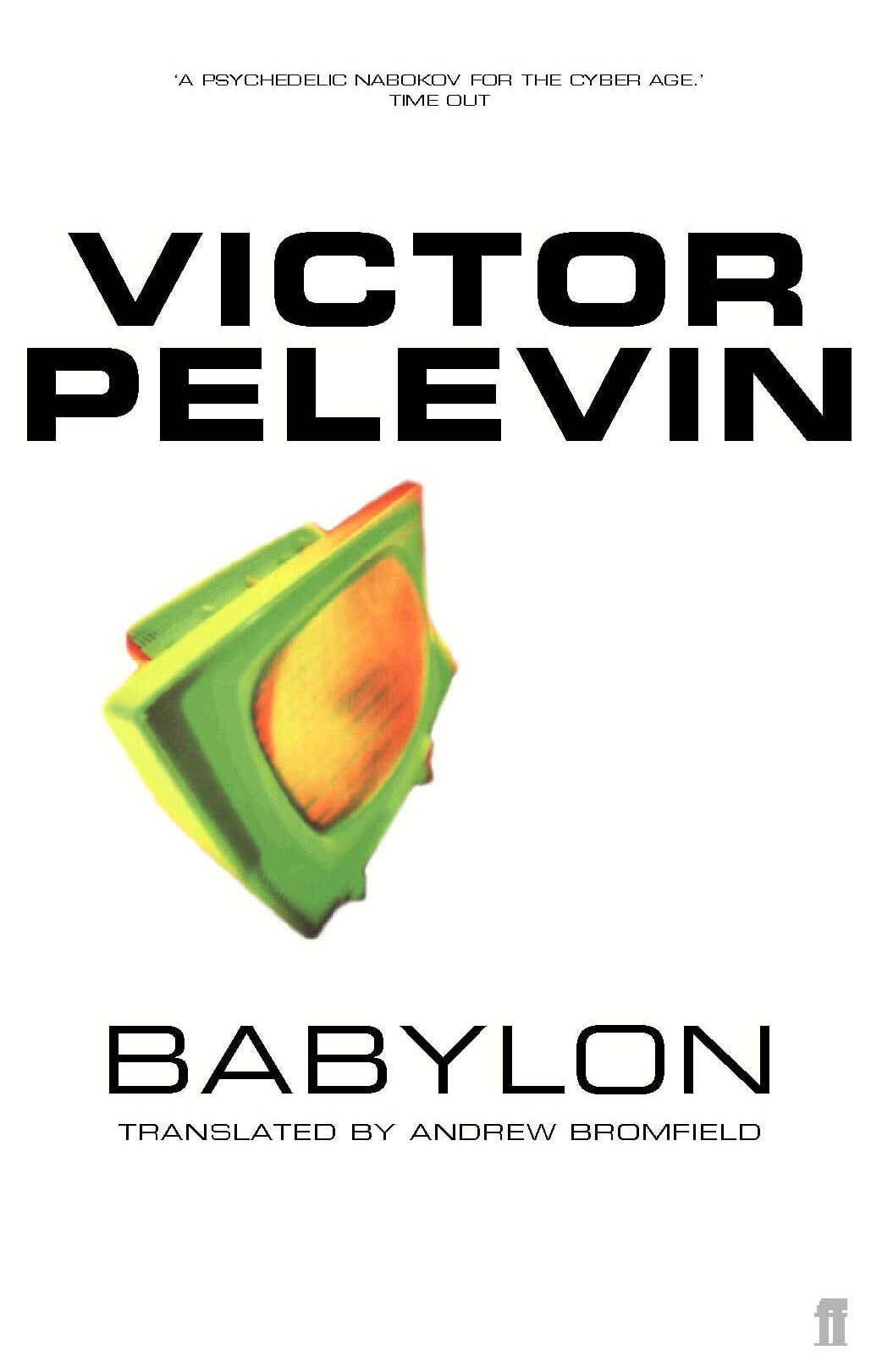The country in which Victor Pelevin was born ceased to exist in 1991. For the best part of a century, the Soviet Union was a global superpower, but from 1988 it slid into a decline that culminated in its dissolution. At the time, Pelevin was 29, and it was only a year afterwards that his first novel, Omon Ra, was published. It was successful in the West as well as his home country, and was nominated for the Booker Prize.
Generation P – also known as Homo Zapiens or Babylon – was his third novel, published in 1999. It is about a graduate student named Babylen Tatarsky who decides to become an advertising executive after failing as a poet. His task is to create Russian versions of Western advertisements, adapting them for ‘the Russian mentality’. But once he begins, he senses that there is something more going on behind the scenes, and seeks to go deeper into the advertising industry to discover it.
As Tatarsky ascends the ranks, he comes to realise that advertising is no different from the propaganda put out by the old government. It’s just as much about controlling what people think, but for a different purpose – selling products rather than maintaining total authority. In one scene, he communicates with the ghost of Che Guevara through a Ouija board, and is sent an extensive message analysing the effect of television on the human psyche, channelling all human impulses towards gaining and spending money. This is the core of the novel’s critique and Tatarsky’s journey: the search for meaning in a meaningless society.
But social commentary isn’t Pelevin is after. The novel also delves into mysticism and Egyptian mythology, linking Tatarsky’s role in society to an ancient story about the goddess Ishtar. This is woven throughout, and leads to a climax where all the various strands of the story culminate in an extraordinary conclusion involving the completion of a ritual. It elevates the story from being about a specific place and time to something grander and more mysterious.
Pelevin is a writer in the absurdist tradition. This originally developed after WWII, in a time of mass disillusionment. The time following the collapse of the Soviet Union can certainly be described in a similar way, and it’s no wonder he views the new Russian order with such derision. In Babylon’s original title, Generation P, the P stands for ‘pizdets’, which in Russian is a swear word that can be loosely translated as ‘screwed’. The book depicts a generation that have been handed a country in disarray, with little to no hope for the future. In the wake of the Great Recession, 10 years of Tory rule, and now Brexit and COVID, that’s something I can relate to.

 RSS Feed
RSS Feed
